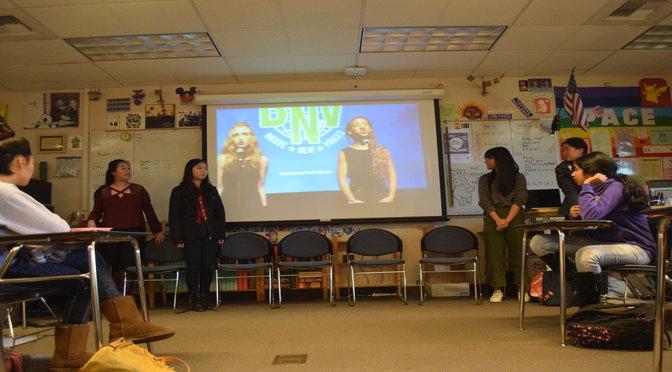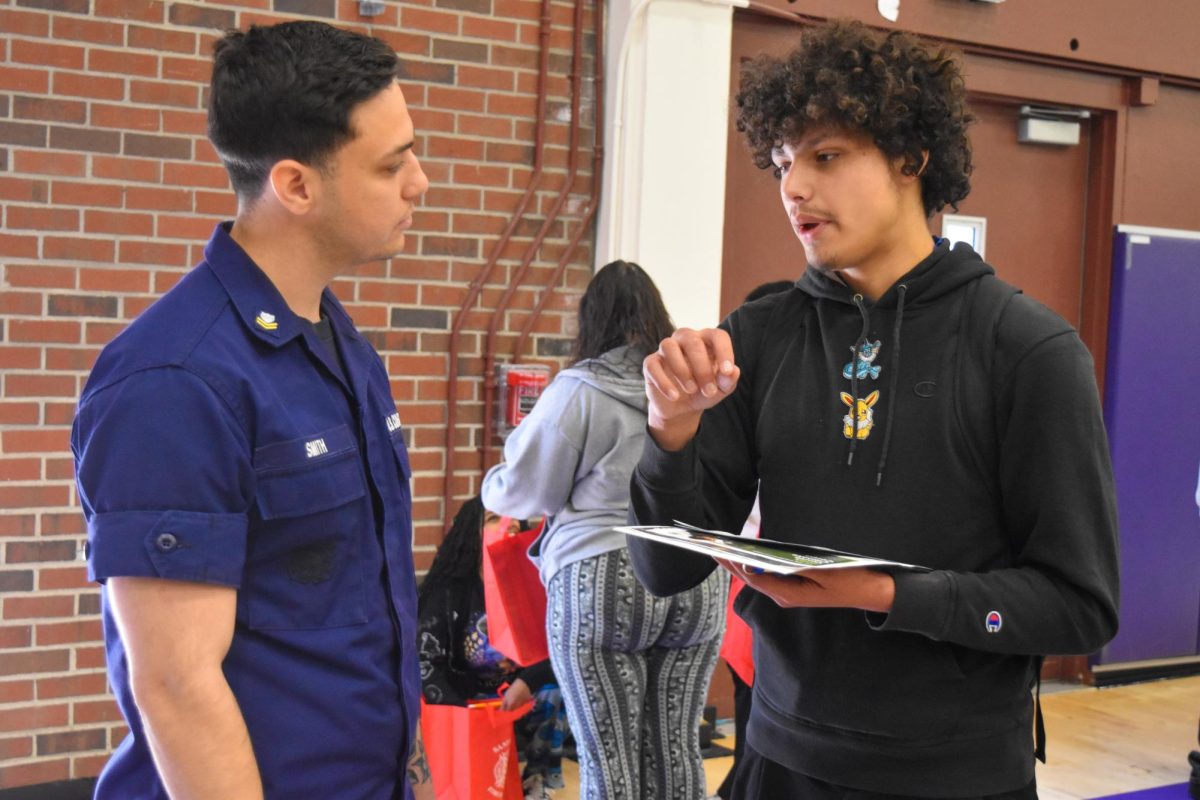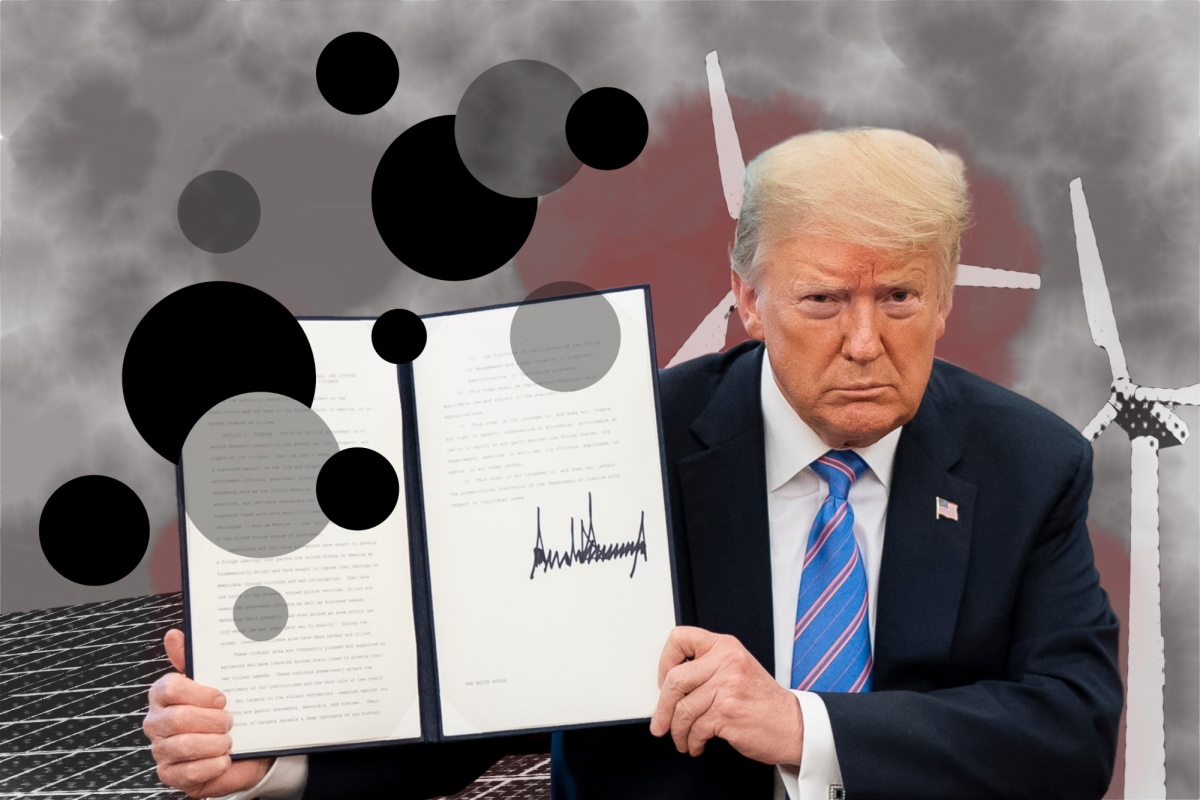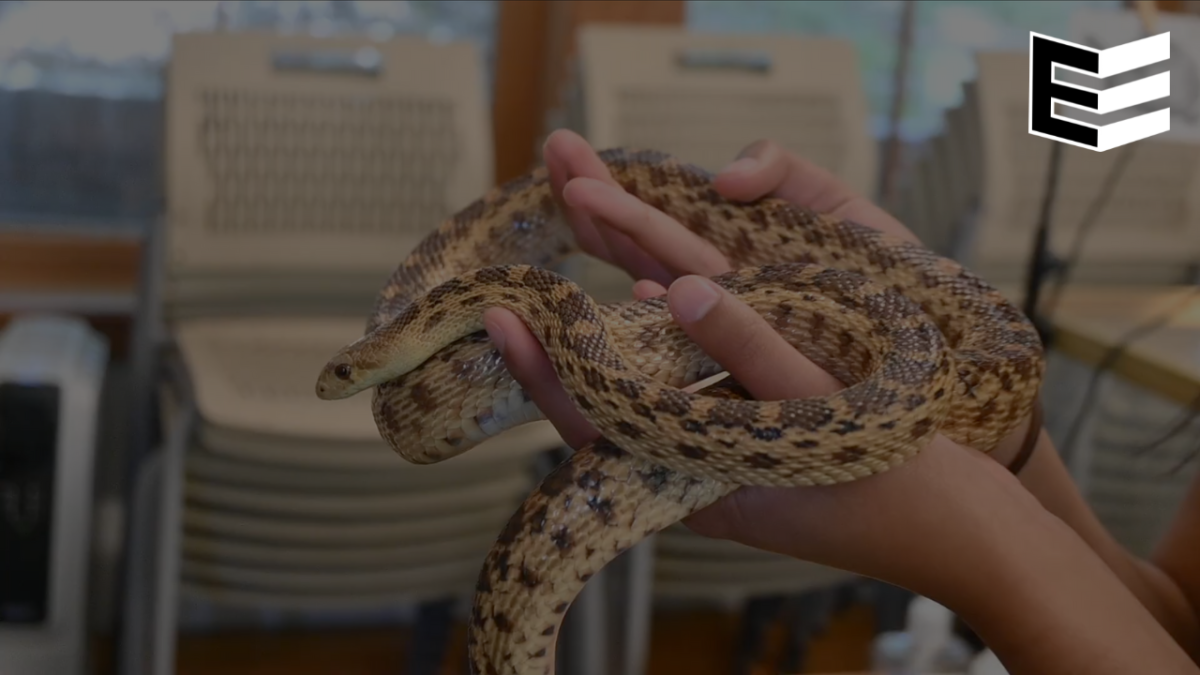While poetry may seem like merely a literary text, there are other ways it can be used. Spoken word poetry has recently been echoing across auditoriums and working into classrooms as well. A new club at MVHS was created based on the belief of spreading the art of spoken word poetry.
Spoken word poetry may seem confusing at first, as it doesn’t come up in conversation too often. It’s when the performers talk about a personal topic and recite it as original work or in poetic form as opposed to just lecturing about it. With the recent rise in the strive for individuality, this form of poetry is becoming more popular. Because of this, junior Co-president Grace Qing and her friends created this club to spread their passion to MVHS.
“We saw that MVHS didn’t have a lot of spoken word opportunities and we saw a lot of people were interested in it,” Qing said, “so we wanted to combine literary development inside the classroom with their own ideas that they create and perform.”
Qing and the rest of the officer team held their first meeting on Tuesday, Jan. 24. They started off the meeting by showing clips of examples of slam poetry — a competitive version of spoken word. With this, the officers talked about the timeline for the club, which included members performing and competition opportunities. Though the club’s purpose is to promote spoken word poetry and self expression.
The club’s officer team wanted their club to combine literary development that MVHS students had learned over their time at school, as well as dramatic storytelling elements to their speeches. To really know if spoken word poetry and the officers of the Spoken Word club have the capability to integrate these two, the officers had to consult someone with years of teaching experience.
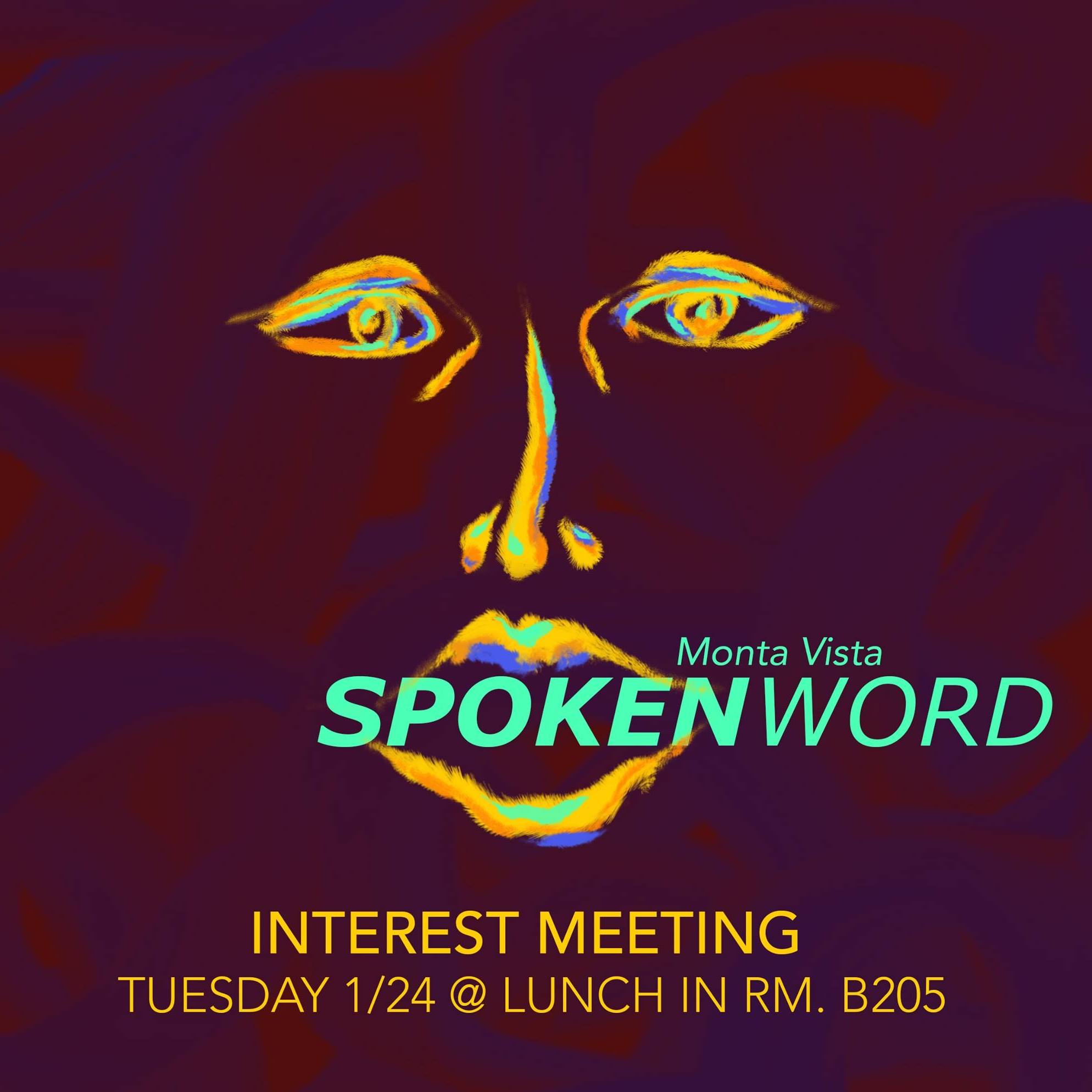
The club’s advisor, English department chair David Clarke, was asked a series of questions regarding the way students would be able to express themselves in this club and how it is different from other ways they can express themselves in a normal class environment.
“I don’t necessarily make that hard and fast decision between expressive writing and analytical writing,” Clarke said. “I think analytic writing has an expressive component too. It’s not the same expressive component, so it is clearly a good thing for these kids to do.”
Clarke points out the pros to having a club like this. In a classroom environment, there is only so much that can be expressed without going outside the curriculum. Many literature classes in MVHS focus on the analytical portions of writing, such as writing research essays on specific books, but Spoken Word offers a platform to express themselves through poetry.
But this isn’t a club just to practice spoken word, it can also be a club to learn more about not only the officers, but the members as well. Hearing spoken word poetry also allows people to understand each other in new ways. This is the purpose for sophomore Eric Wang’s interest in the club.
“The goals of the club are certainly really respectable,” Wang said.“But it’ll take a lot of work to actually speak like that. I look forward to listening to what people do with spoken word.”
As Clarke reflects on the goals of this club, he sees the charm of the club. Clarke begins to see the benefits of having a club like this for MVHS students.
“We obviously don’t have a creative writing curriculum [since] it is not a part of the standards,” Clarke said. “so it’s good in that sense to be an outlet for that.”


